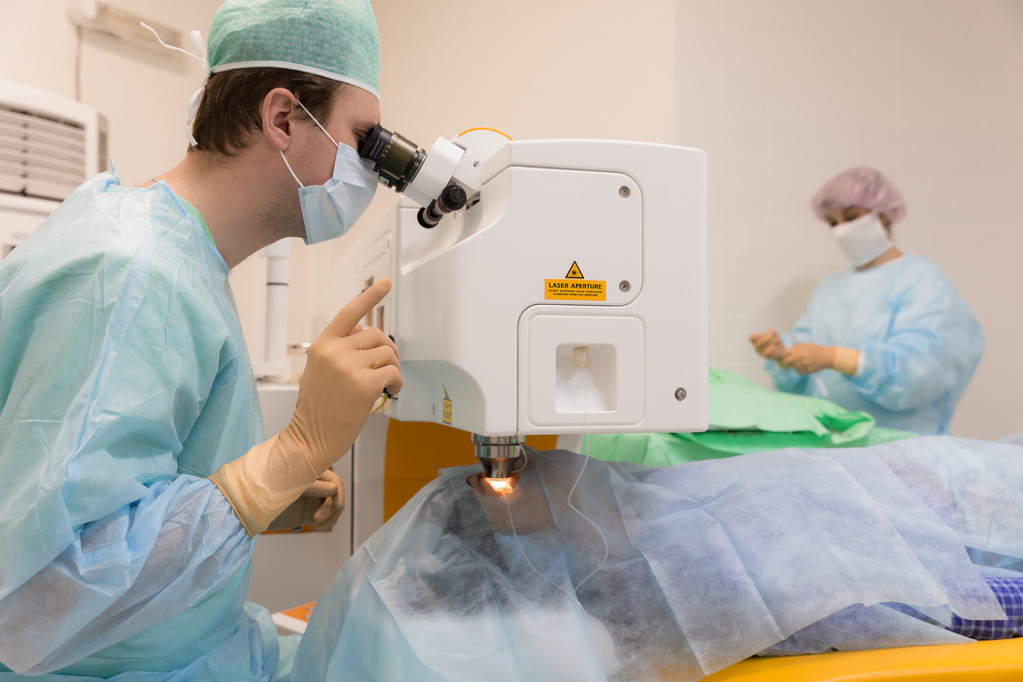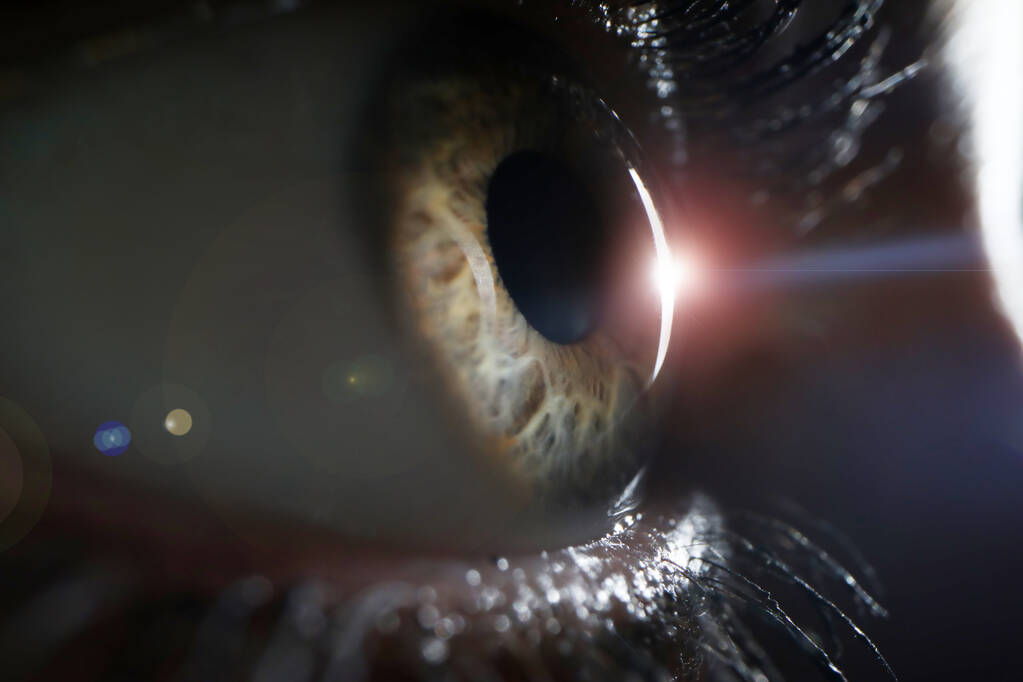Laser eye surgery, such as LASIK, has become an increasingly popular option for correcting vision problems. However, age is an important factor to consider when deciding whether this procedure is right for you. In this blog, we’ll explore the relationship between laser eye surgery and age, covering essential aspects like suitability, risks, benefits, and alternatives.
Understanding Laser Eye Surgery
Laser eye surgery involves the use of laser technology to reshape the cornea, the clear front part of the eye. This reshaping helps to correct vision problems like myopia (nearsightedness), hyperopia (farsightedness), and astigmatism. The most common types of laser eye surgeries are LASIK, LASEK, and PRK.
Age Considerations for Laser Eye Surgery
Suitability Across Different Ages
- Young Adults (20s-30s): People in this age group are often ideal candidates for laser eye surgery. Their vision is usually stabilized, and they are generally healthy, which lowers the risk of complications. However, they should have had a stable prescription for at least 2-3 years.
- Middle Age (40s-50s): In this age group, presbyopia, a condition where the eyes have difficulty focusing on close objects, starts to develop. While laser eye surgery can correct distance vision, it does not prevent presbyopia. People might still need reading glasses post-surgery.
- Seniors (60s and above): Older individuals need to be cautious. They are more likely to have health conditions like cataracts, glaucoma, or dry eyes, which can affect the suitability and success of the surgery. A thorough evaluation by an eye specialist is crucial.
Risks and Benefits at Different Ages
- Young Adults: Benefits include a long-term solution for vision correction and freedom from glasses or contact lenses. Risks are minimal but include dry eyes, glare, and, in rare cases, infection.
- Middle Age: The main benefit is improved distance vision. However, the onset of presbyopia might require additional interventions. Risks include the potential for a reduced healing response and the development of cataracts, which can affect surgical outcomes.
- Seniors: The primary benefit for seniors is the potential to significantly improve vision. However, risks are higher due to the increased likelihood of pre-existing eye conditions and a slower healing process.
Alternatives to Laser Eye Surgery for Different Age Groups
- Contact Lenses and Glasses: A non-invasive and low-risk option suitable for all ages. However, they require ongoing maintenance and can be inconvenient.
- Phakic Intraocular Lenses (PIOLs): This surgical option is suitable for those who are not candidates for laser surgery, particularly useful for individuals with high levels of myopia or thin corneas.
- Refractive Lens Exchange (RLE): Often recommended for older individuals, especially those developing cataracts. It involves replacing the eye’s natural lens with an artificial one, correcting refractive errors.
Pre-Surgery Evaluation and Post-Surgery Care
Regardless of age, a comprehensive eye examination is vital before undergoing laser eye surgery. This evaluation helps in determining the health of the eyes and the appropriateness of the surgery. Post-surgery, following the surgeon’s advice on care and attending follow-up appointments are crucial for ensuring a successful outcome.
Laser vision correction can be a life-changing procedure for many, offering the possibility of freedom from glasses and contact lenses. However, age plays a significant role in determining suitability, risks, and outcomes. It’s essential to understand that while this surgery is highly effective, it’s not a one-size-fits-all solution, and the decision to proceed should be made after careful consideration of individual circumstances, health status, and lifestyle needs.
Key Takeaways for Different Age Groups
- Young Adults: Enjoy the prime candidacy for laser eye surgery. Remember to confirm the stability of your vision and understand the low but present risks.
- Middle Age: Be aware of the onset of presbyopia and the potential need for reading glasses post-surgery. Weigh the benefits of improved distance vision against the age-related eye changes.
- Seniors: Exercise caution due to higher risks and pre-existing conditions. Explore all options, including laser surgery and alternatives like RLE, considering overall eye health.
Lifestyle Considerations and Long-term Outlook
Laser eye surgery can significantly impact your lifestyle, offering convenience and potentially enhanced quality of life. For younger individuals, it means a long stretch of life without the need for corrective lenses. For older adults, it can mean a significant improvement in vision, albeit with certain limitations due to age-related changes.
The long-term outlook post-surgery is generally positive, with many patients experiencing stable vision for years. However, it’s crucial to understand that aging processes will continue to affect the eyes. Regular eye check-ups remain important throughout one’s life to monitor and manage any changes.
Emotional and Psychological Impacts
The decision to undergo laser eye surgery can also have emotional and psychological impacts. The prospect of improved vision can bring excitement and a sense of freedom. However, it’s also normal to feel anxious about the procedure and its outcomes. Engaging in thorough discussions with your eye care professional and having realistic expectations can help mitigate these concerns.
Financial Considerations
Laser eye surgery is an investment in your vision. The cost can vary depending on the type of surgery and the specific needs of the patient. It’s important to consider the long-term financial benefits, such as reduced costs on glasses or contacts, against the upfront cost of the surgery. Some insurance plans may cover part of the cost, so it’s worth investigating this aspect as well.
Making an Informed Decision
Choosing to undergo laser eye surgery is a personal decision that should be made based on accurate information and a thorough understanding of the risks and benefits. It’s essential to consult with qualified eye care professionals who can provide personalized advice based on your age, health, and vision needs.

Final Thoughts
In conclusion, laser eye surgery offers a promising option for vision correction across various age groups. While younger adults often find themselves ideally suited for the procedure, middle-aged and older adults can also benefit, albeit with more considerations to keep in mind. Thorough pre-surgery evaluation, understanding the long-term care requirements, and having realistic expectations are key to making an informed decision. Remember, the goal is not just to improve vision but also to enhance overall quality of life.



